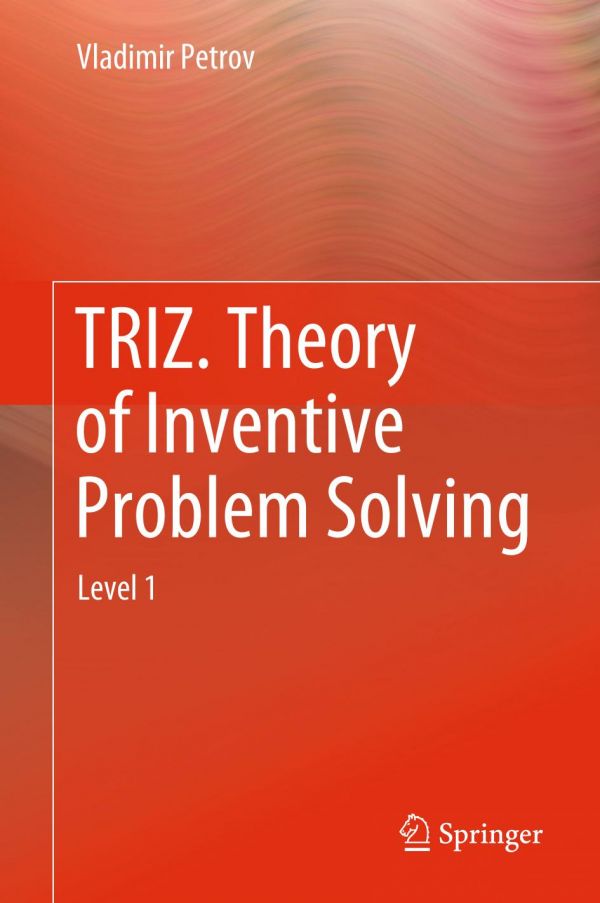

Most ebook files are in PDF format, so you can easily read them using various software such as Foxit Reader or directly on the Google Chrome browser.
Some ebook files are released by publishers in other formats such as .awz, .mobi, .epub, .fb2, etc. You may need to install specific software to read these formats on mobile/PC, such as Calibre.
Please read the tutorial at this link: https://ebookbell.com/faq
We offer FREE conversion to the popular formats you request; however, this may take some time. Therefore, right after payment, please email us, and we will try to provide the service as quickly as possible.
For some exceptional file formats or broken links (if any), please refrain from opening any disputes. Instead, email us first, and we will try to assist within a maximum of 6 hours.
EbookBell Team

4.8
64 reviewsThis introductory book describes the initial (first) level of studying the theory of inventive problem solving (TRIZ) from the series “TRIZ from A to Z,” and presents the most general methods for solving inventive problems and generating new ideas. Chapter 1 examines traditional technologies for problem solving, based on trial and error. Chapter 2 describes the general concept of TRIZ, while Chapter 3 explains the main notions of “system” approaches, like system thinking, system and its hierarchy, system effect, emergency, synergetic effect and systematicity. In turn, Chapter 4 describes the notion of “ideality” and Chapter 5 addresses the notion of resources, their types, and methods for using them. Chapter 6 acquaints readers with one of the most important aspects of TRIZ: contradiction. Chapter 7 describes the inventive principles, while Chapter 8 includes descriptions of the systems of trends proposed by G. Altshuller and the author.
In closing, the author makes recommendations on how to most effectively use TRIZ tools, on how readers can improve their knowledge, skills and habits concerning the use of TRIZ, and on how they can hone their inventive thinking skills. The book also features Appendices that include analyses of selected problems, a list of the main websites related to TRIZ, and lists of examples, problems, illustrations, tables and formulae.